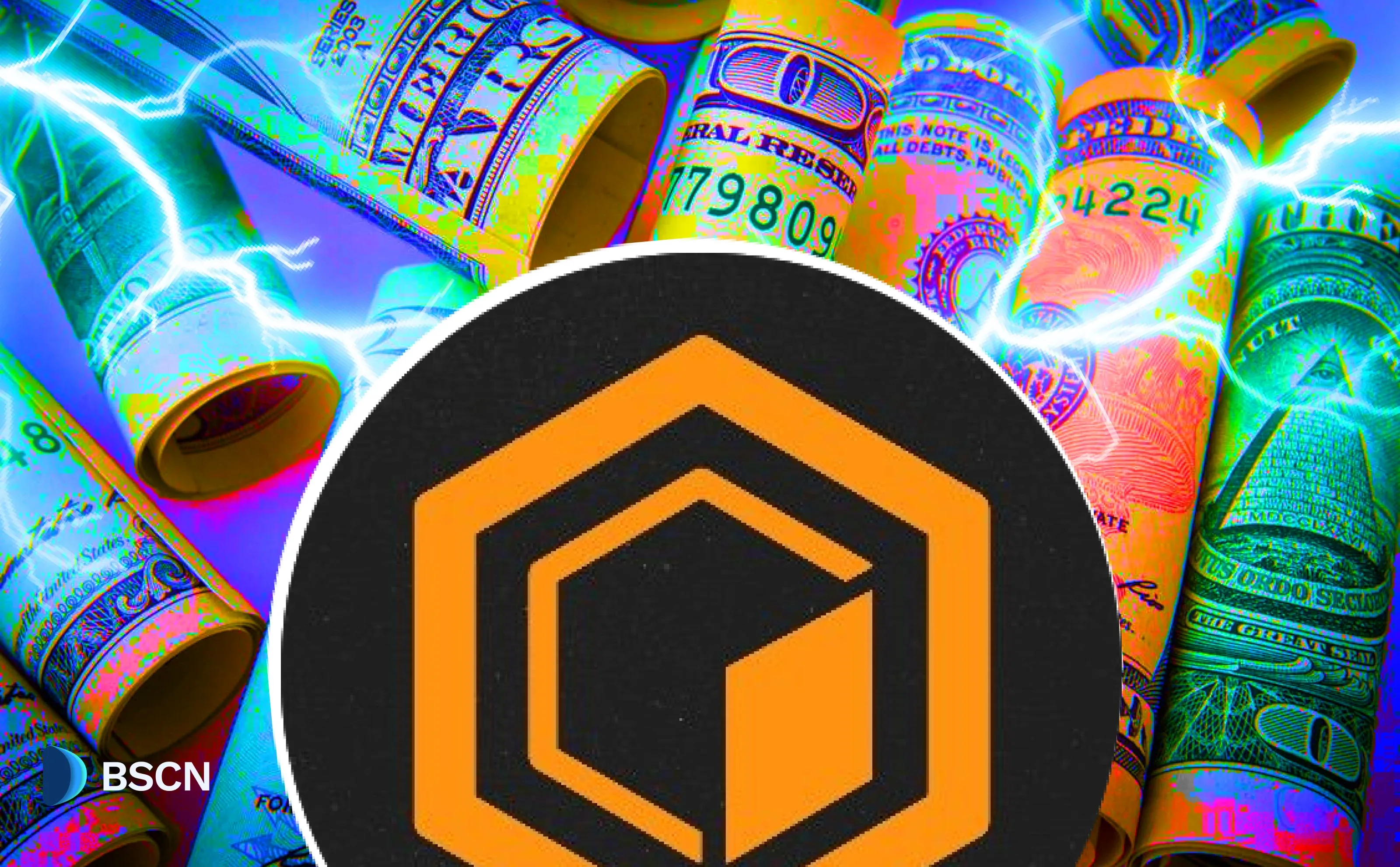WEB3
Hong Kong Rising: How It's Positioning Itself as the Next Crypto Hub Amidst US Regulatory Crackdown

With fractures appearing in the link between traditional finance and the crypto realm due to regulatory restrictions, Hong Kong has a unique opportunity to step up and fill the void.
BSCN
July 3, 2023
Hong Kong vs. US
Hong Kong is making significant strides to position itself as a prominent international center for cryptocurrency trading and investment center. With recent laws enacted by the government to attract investors and businesses, the city is poised to capitalize on the shifting global dynamics in the wake of regulatory challenges faced by the United States.
The disruption has far-reaching consequences as the US regulatory environment tightens following the aftermath of the FTX implosion.
Stephen Cheung, president of the decentralized social network Bi.social, who traveled from the U.S. East Coast to Hong Kong to gauge the pulse of the situation, highlighted this opportunity. Cheung emphasizes, "Hong Kong has the possibility [of attracting Western firms] only because the U.S. is openly hostile towards web3 companies."
With Hong Kong's concerted efforts to establish itself as a thriving crypto hub and the regulatory challenges faced by the United States, it begs the question: Could Hong Kong emerge as the next crypto hub? This article will delve into the factors and dynamics driving Hong Kong's potential rise in the crypto sphere, examining its regulatory landscape, infrastructure, and government support.
Current Regulatory Situation in the US
The United States' intensified regulatory scrutiny of cryptocurrencies has sparked uncertainty and concerns among industry participants and investors. It is still unclear whether cryptocurrencies are considered securities.
Recent enforcement actions by the US Securities and Exchange Commission (SEC) against major players like Binance and Coinbase have sent shockwaves through the crypto community, highlighting the increased regulatory focus on the industry. At its core, the SEC's challenges accuse the targeted companies of violating securities laws.
The actions of the US regulators had a significant impact on crypto businesses and investors. In response to the actions, Robinhood announced it would delist Solana, Matic, and Cardano. As a result, Altcoin prices fell due to market-wide negative sentiment.
Due to compliance burdens and potential legal repercussions, the market is hesitating and cautious. The evolving regulatory landscape and the associated uncertainty have raised fundamental questions about applying existing investment and trading laws to cryptocurrencies.
Amidst this regulatory uncertainty, market participants are exploring alternative jurisdictions that offer clearer regulations and more favorable conditions for crypto-related activities. Hong Kong has emerged as a compelling option, with its favorable regulatory environment and robust infrastructure attracting attention from industry players worldwide.
As the US cryptocurrency market grapples with regulatory challenges, the potential for Hong Kong to become a leading crypto hub grows stronger.
Hong Kong's favorable regulatory landscape
It is possible to position Hong Kong as a crypto hub for a number of reasons:
1. Embracing Retail Crypto Trading and Policy Changes
Hong Kong's authorities are actively putting together policy changes to establish Hong Kong as a major financial hub for digital assets. Moreover, the government's recent invitation to industry insiders and crypto experts to provide input on the new policies underscores its commitment to creating a conducive regulatory environment for the crypto industry.
2. Hong Kong as a Gateway for Chinese Capital
Experts believe that Hong Kong could act as a crucial gateway for Chinese capital to flow into global crypto markets. With its strategic position as a portal to China, Hong Kong's role as a crypto hub could have far-reaching implications for the crypto industry's development in the region.
3. Recognized Preparedness for Crypto Adoption
A study conducted by Forex Suggest in July 2022 recognized Hong Kong as the "best-prepared country" for crypto adoption. Factors such as the presence of crypto ATMs, pro-crypto regulations, and a thriving startup culture contributed to this recognition.
4. Protecting Investors through Licensing Structure
The Securities and Futures Commission's proposal for a new licensing structure in February aimed at protecting investors and preventing the recurrence of issues witnessed in the FTX case.
5. Low Tax Policy and Strong Government Support
Hong Kong's relatively low corporate tax policy for businesses, with an 8.25% rate for the first 2 million Hong Kong dollars of assessable profit and 16.5% for profits above that amount, provides a competitive advantage for companies considering relocation.
6. Encouraging Partnerships with Traditional Financial Institutions
The Hong Kong Monetary Authority (HKMA) has been actively encouraging traditional financial institutions, such as HSBC, Standard Chartered, and Bank of China, to take on crypto exchanges as clients.
7. Growing Interest from Cryptocurrency Companies
Hong Kong's favorable regulatory environment has piqued the interest of over 20 cryptocurrency and blockchain companies from mainland China, Europe, Canada, and Singapore. For instance, Huobi has already announced its intentions to commence operations in Hong Kong and has applied for a license to offer crypto trading services in the Chinese territory.
The city's strategic location, well-developed financial infrastructure, and commitment to innovation further enhance its appeal for businesses and investors seeking opportunities in the crypto industry.
Challenges for Hong Kong
While Hong Kong holds high ambitions to become a prominent crypto hub, it faces certain challenges and risks that may impact its ability to fully realize its potential in the crypto industry.
Historically, Hong Kong has not been known for having a vibrant tech ecosystem. The city's high cost of living and business operations make it challenging for scrappy startups to thrive. As a result, the types of crypto businesses Hong Kong attracts will likely be those serving and interfacing with traditional finance.
Further, Hong Kong faces competition from other established crypto hubs worldwide. While the city has a relatively low tax policy on businesses, it may not be as competitive as other crypto-friendly jurisdictions such as Dubai, which charges a flat rate of 9%, or Switzerland, with an 8.5% corporate tax rate. In addition, Dubai, in the United Arab Emirates, is actively positioning itself as a crypto-friendly place to do business.
Moreover, jurisdictions like the UK and the European Union have introduced regulations to regulate the cryptocurrency industry, aligning it with traditional financial firms. These jurisdictions are also offering favorable policies to attract crypto companies and entrepreneurs.
Hong Kong's Ambitious Bid
The question of whether Hong Kong will become the next crypto hub is met with both optimism and challenges. The city has made significant strides in opening its doors to retail crypto trading and fostering a favorable regulatory landscape. With initiatives to attract crypto businesses and the support of industry insiders and experts, Hong Kong is positioning itself as a financial hub for digital assets.
As the crypto industry continues to evolve, Hong Kong's journey to becoming a leading crypto hub will require ongoing adaptation, collaboration, and innovation. With the right approach, Hong Kong can shape its future as a prominent center for digital assets and contribute to the growth and maturation of the global crypto ecosystem.
Latest News
Crypto Project & Token Reviews
Project & Token Reviews
Comprehensive reviews of crypto's most interesting projects and assets
Learn about the hottest projects & tokens
Latest Crypto News
Get up to date with the latest crypto news stories and events












